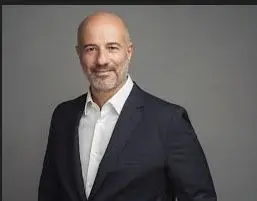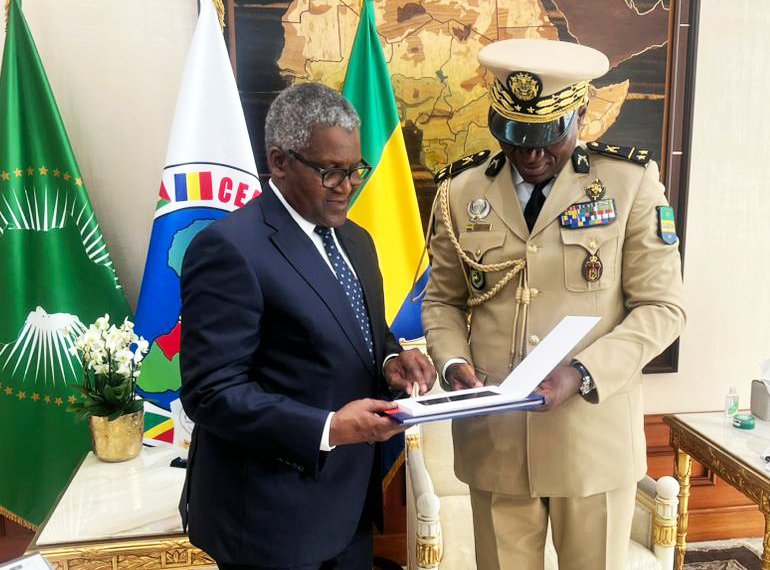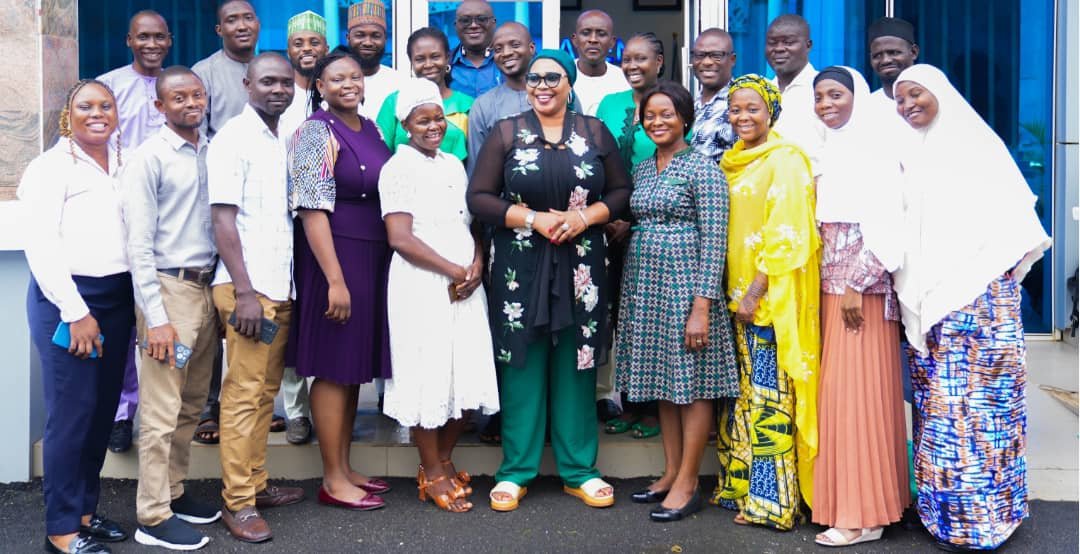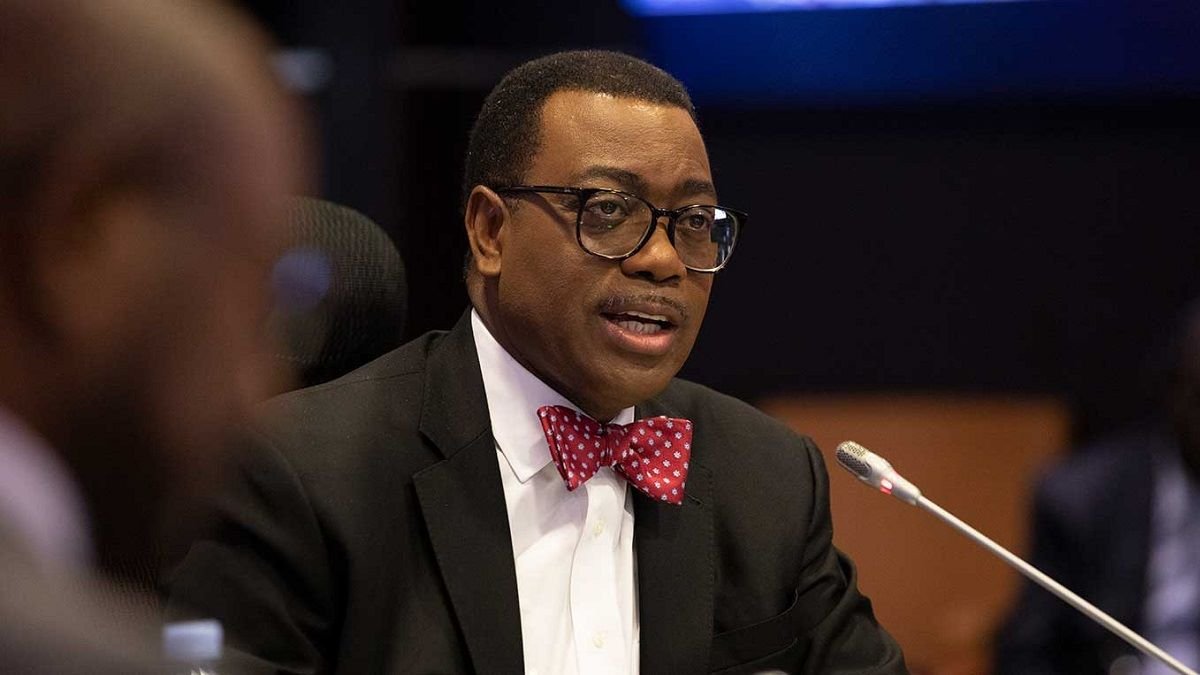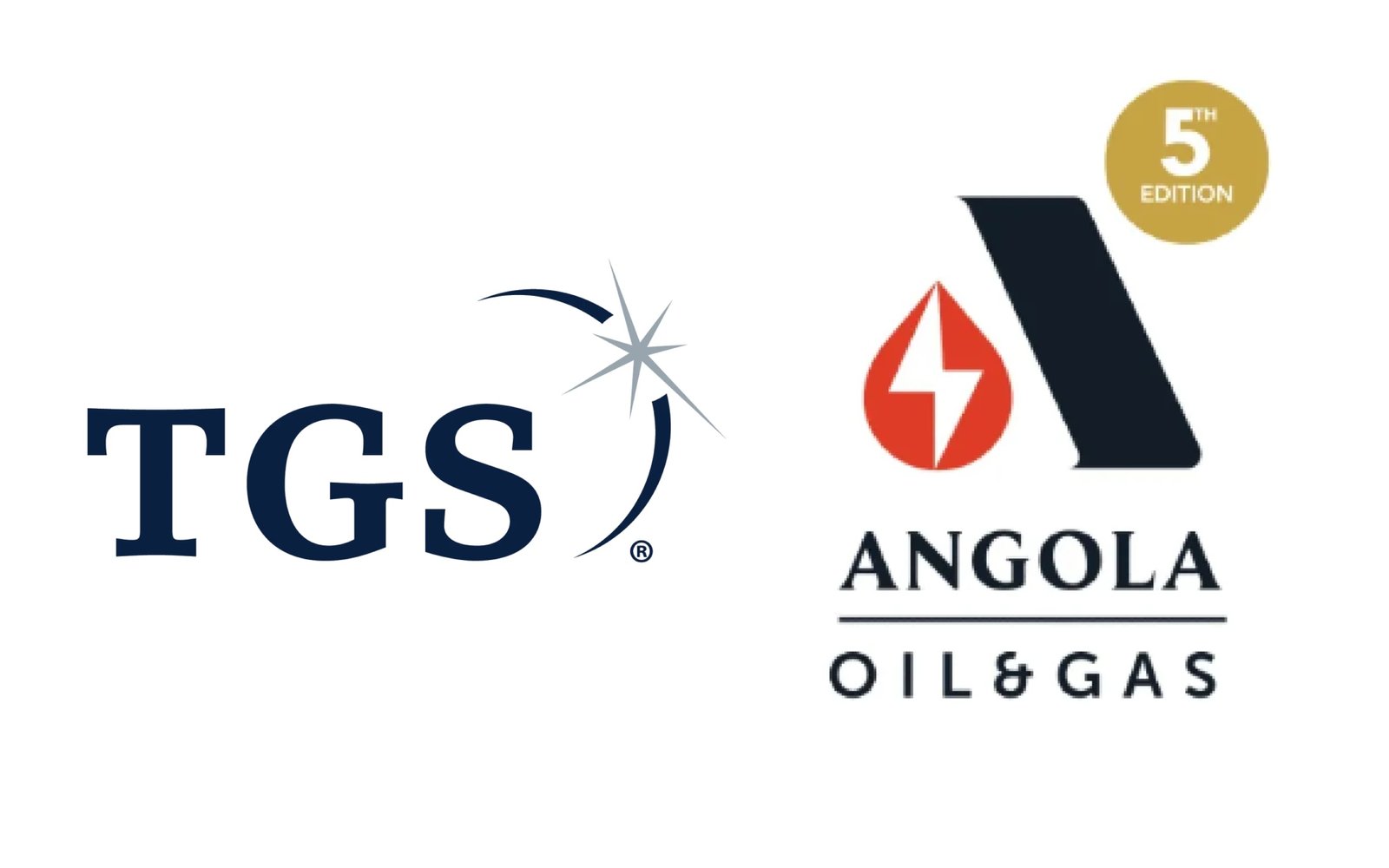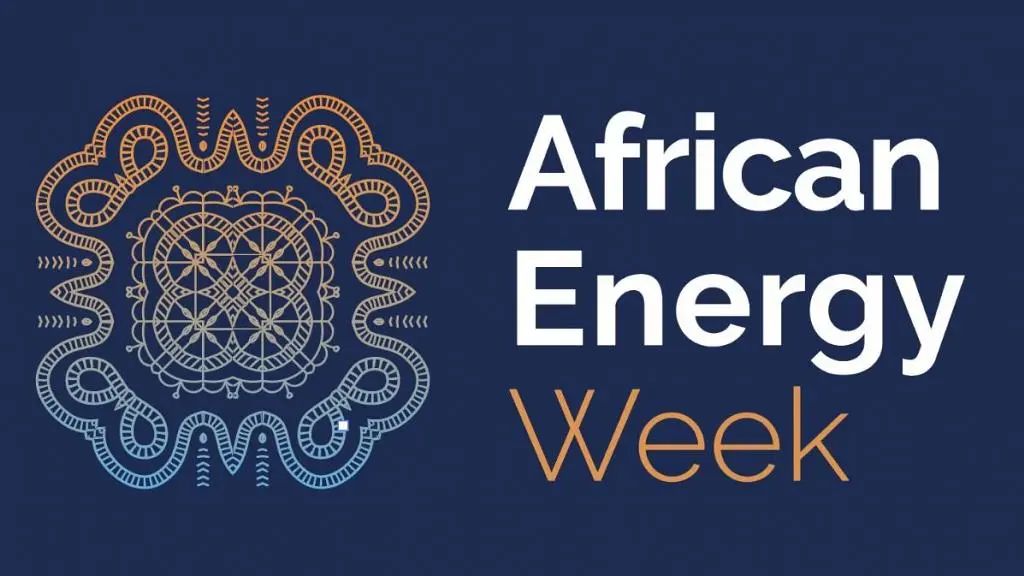Partnering with Nigeria through social investments – The Chevron Nigeria Experience
The Chevron companies in Nigeria celebrate with the country the on 61st anniversary of Nigeria’s independence, on October 1, 2021.
The Nigerian oil and gas industry is strategic to the overall socio-economic development of the country. It is an industry that thrives on partnerships with key stakeholders. Organizations within the industry are deliberate in building productive, collaborative, trusting, and mutually beneficial relationships to support the country’s development efforts.
Chevron companies in Nigeria have continued to make giant strides in strategic social investments. The Chairman and Managing Director, Chevron Nigeria and Mid-Africa Business unit, Rick Kennedy stated that Chevron companies in Nigeria recognize that their business success is linked to society’s progress. “That explains why Chevron works with the communities, government, and other partners to support strategic social investments in health, education and economic development, and other focus areas such as the environment and sports development,” he remarked.
According to him, “Chevron Nigeria Limited (“CNL”)recognizes the complexities of operating within the Niger Delta region. As part of the company’s forward-thinking approach, in 2005, the Nigerian National Petroleum Corporation (“NNPC”)/CNLJoint Venture, partnered with others to pioneer an innovative model for engaging its communities and stakeholders known as the Global Memorandum of Understanding (“GMoU”), a participatory partnership model for community-driven development.”
CNL’s General Manager, Policy, Government and Public Affairs, Esimaje Brikinn, emphasized that “In the 16 years of the GMoU implementation, the NNPC/CNL JV has spent billions of naira in funding the GMoU and the model has recorded significant achievements, especially in areas of education, health, and economic development. Through the GMoU, the communities, represented by the different Regional Development Committees (“RDCs”) have executed a wide range of community development projects in the communities neighboring CNL’s operations,” he stated. He noted, “… that in addition to hundreds of infrastructure projects implemented through the GMoU, it has helped to reduce the potential for conflicts, and enhanced the peace-building process and human capital development – which are helping to sustain wealth creation in communities around CNL’s areas of operations.”
CNL has partnered with the RDCs and the respective state governments under the GMoU to build, equip and run cottage hospitals in the communities. Some of the hospitals completed and in use include the Dodo River cottage hospital in Bayelsa State, which was executed by the Dodo River RDC; the cottage hospitals in Tsekelewu and Oporoza, in Delta State, which was executed by the Egbema Gbaramatu Communities Development Foundation (“EGCDF’). Other health projects being implemented under the GMoU include the planned cottage hospital at Gbokoda in Delta State and the ongoing Mother and childcare center at Ugbo in Ondo State, which is nearing completion.
The NNPC/CNL JV built and donated a DNA Molecular laboratory to the University of Lagos Teaching Hospital, and the facility is very significant to medical research in Nigeria. The NNPC/CNL JValso recently donated a Polymerase Chain Reaction (“PCR”) laboratory to Warri Central Hospital to support the Delta State government in the fight against the COVID-19 pandemic, in addition to other industry collaborations. Furthermore, CNL is also committed to the fight against malaria through initiatives such as the Roll Back Malaria programs, Malaria in Pregnancy, Training of health workers, distribution of Intermittent Preventive Treatment, and Artemisinin-based drugs, and Long Lasting Insecticide Treated Mosquito Nets. The Roll Back Malaria programs are specifically targeted at infants, children under 5 years of age and pregnant women who have been worst hit by malaria. Over 46,000 people have benefitted from malaria prevention education and/or treatment since 2014.
In addition to the social investments by the NNPC/CNL JV, Chevron’s Deepwater operations have been exemplary in strategic social investments in health, which are implemented across the country. For instance, Chevron and its parties in the Agbami field – Famfa Oil Limited, NNPC, Equinor Nigeria Energy Company Limited, and Prime 127 Nigeria Limited – have been investing in fighting Tuberculosis (“TB”) with the construction and equipment of chest clinics in Nigeria to support the treatment and care of tuberculosis patients in Nigeria. Currently, 28 of such chest clinics, fully equipped with standard X-Ray machines, male and female wards, treatment rooms, laboratories, and Gene Xpert Machines have been completed across the country to support the Nigerian health system.
Chevron and the Agbami parties’ contributions to the fight against TB were recently recognized through an award presented to the parties by the wife of Nigeria’s President, Dr. Mrs. Aisha Buhari. The Agbami parties have also donated nine mother-and-child health care centers and one medical diagnostics laboratory in some States in Nigeria. Some of the donated chest clinics and mother and childcare centers have become useful for COVID-19 response.
Chevron, the largest contributor to Global Fund against HIV/AIDS, malaria, and TB since January 2008 has invested US$60 million in Nigeria, Angola, Indonesia, the Philippines, South Africa, Thailand, and Vietnam. In Nigeria, Chevron’s partnership has contributed to helping more than a million people living with HIV access lifesaving antiretroviral therapy; supported efforts to distribute over one million long-lasting insecticide-treated mosquito nets to families to prevent malaria; helped detect thousands of TB cases; promoted education programs for the young, and helped build stronger health systems.
Chevron companies in Nigeria have continued to support education development in the Niger Delta region and across the country through the development of education infrastructure, capacity building, and scholarships. The scholarships include the NNPC/CNL JV national university scholarship and the community scholarship program which caters for students in both secondary and tertiary institutions from communities in CNL’s areas of operations (GMoU and Non-GMoU communities). Additionally, CNL awards scholarships to visually impaired students to enhance their access to quality education. Over 23,000 people have benefitted from the company’s scholarship programs which include scholarships for community postgraduate scholars in Nigeria and foreign universities. Six of the over 180 community postgraduate students graduated with distinction.CNL also deploys the Science Teachers project meant to boost science education in remote secondary schools in the Company’s areas of operation. The program ensures the posting of National Youth Service Corps (NYSC) science graduates to serve their mandatory one-year period as science teachers, with Chevron providing extra incentives to NYSC members for the duration of the program.
Since the inception of the Agbami Medical and Engineering Professional Scholarship program in 2009, over 16,500 students from all the states of Nigeria have benefitted from the scholarship, out of which 715 students have graduated with first-class degrees. Chevron and its Deepwater partners have continued to invest in education infrastructure. As of today, the parties have executed 39 Science laboratory complexes and 25 conventional and hybrid libraries across the country. Also, Chevron and its partners embark on a wide range of activities to encourage students to develop an interest in key subjects of science, technology, engineering, and mathematics (“STEM”) and, ultimately pursue STEM courses and careers.
Esimaje highlighted the impact of the Niger Delta Partnership Initiative (“NDPI”) and the foundation for Partnership Initiatives in the Niger Delta (“PIND”). Chevron launched the United States-based NDPI and its Nigerian counterpart, PIND in 2010 to develop and implement interventions aimed at sustainably reducing conflict and poverty in Nigeria’s Niger Delta region through multi-stakeholder partnerships. The Foundations were started with an initial US$50 million investment in 2010, with Chevron committing an additional US$40 million in funding to NDPI and PIND from 2014 through 2019, and a further US$25 million in 2020 for a third, five-year phase through 2024.
Since its inception, PIND, which works across the Niger Delta States, has boosted local aquaculture, cassava, cocoa, poultry, and palm oil production by helping over 375,000 farmers and agro-allied SMEs to improve agricultural practices, and adopt innovative technologies to mitigate climate change. PIND’s business services led to additional income of over US$154,000,000 and contributed to reducing conflicts within the region by building the capacity of over 10,000 peace actors on conflict mitigation and undertaking key interventions. The organization has also influenced over US$100 Million in additional investments by the government, the private sector, and donor agencies.
As part of its efforts in environmental conservation, CNL built and donated the Lekki Conservation Centre to the Nigerian Conservation Foundation in 1992. The 78-hectare facility has become a center of excellence in environmental research and education, reserved as a sanctuary for the rich flora and fauna of the Lekki Peninsula, Lagos. CNL also sponsors the Junior Tennis tournament, the National Arts competition, and other activities by various organizations.
According to Mr. Brikinn, “CNL has been in Nigeria for close to 60 years, making significant investments and contributing to the socio-economic development of the country. CNL will continue to work with communities, government, and other partners to support strategic social investments in the communities around its operations and elsewhere in Nigeria.”


